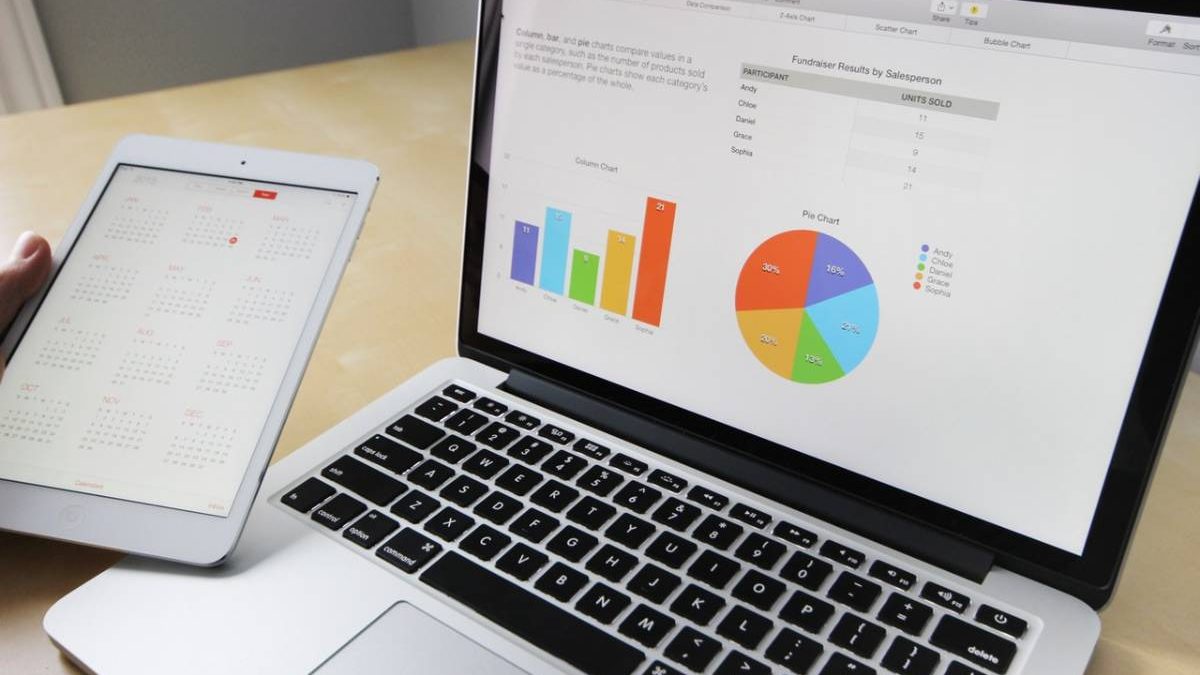Did you know that the average person only spends about three seconds looking at a piece of content before deciding whether to keep reading? This means you have minimal time to make a good impression and persuade your audience to remain on your website.
If you sell products or services, you must make the most of every opportunity to cross-sell and upsell your customers. But what is cross-selling, and how can you do it effectively? The cross selling meaning is simply the practice of selling additional products or services to an existing customer. Conversely, Upselling is when you encourage customers to purchase a more expensive version of the product they are interested in.
Research shows that cross-selling and upselling are highly effective sales strategies, but only if they are done correctly.
Many industries would benefit from a predictive cross-sell and upsell strategy. They are:
Table of Contents
Retail
The retail sector sells products to customers, so it makes sense that both would be effective sales strategies in this sector. For example, a retail store might cross-sell by offering products that complement the item a customer buys, like a pair of shoes with a matching handbag.
Upselling in the retail industry might involve convincing a customer to buy a more expensive version of the product they are interested in. For example, persuading customers to buy a designer handbag instead of a cheaper one.
Insurance
According to a study by Accenture, insurance companies that cross-sell and upsell products to their customers are significantly more profitable than those that don’t. This is likely because insurance is a complex product requiring much explanation. So cross-selling and upselling give insurance companies the opportunity to provide their customers with more excellent service and expertise. For example, an insurance company might cross-sell by offering additional types of coverage to their customers, like health insurance or home insurance. They might also upsell by convincing customers to purchase a more comprehensive insurance policy that covers a broader range of risks.
Apps and Gaming
The digital age has created a whole new opportunity for cross-selling and upselling. For example, many apps and games now offer in-app purchases, a form of cross-selling. This might involve selling customers an additional game level or offering them a premium version of an app with more features.
Upselling in the digital age might involve convincing customers to purchase a higher-priced product, like upgrading from a basic smartphone to a more expensive model. It might also include selling customers an annual service subscription instead of just a one-time purchase.
Finance
Have you ever been in a situation where you have taken out a loan, and the lender cross-sells you additional products like credit insurance? This is a common practice in the finance industry and can be an effective way to boost profits.
The cross selling meaning in the finance industry is simply selling additional products or services to an existing customer. It can be an effective way to boost profits. On the other hand, upselling in the finance industry might involve convincing buyers to take out a larger loan than they originally intended. It might also include selling customers additional investment products or insurance policies.
As you can see, many sectors would benefit from a predictive cross-sell and upsell strategy. These businesses already use many predictive analytics platforms to increase sales and profits. They will also help you to identify which cross-sell and upsell products are most likely to be successful with your customers.
Also Read: what is realjobprofile .com

